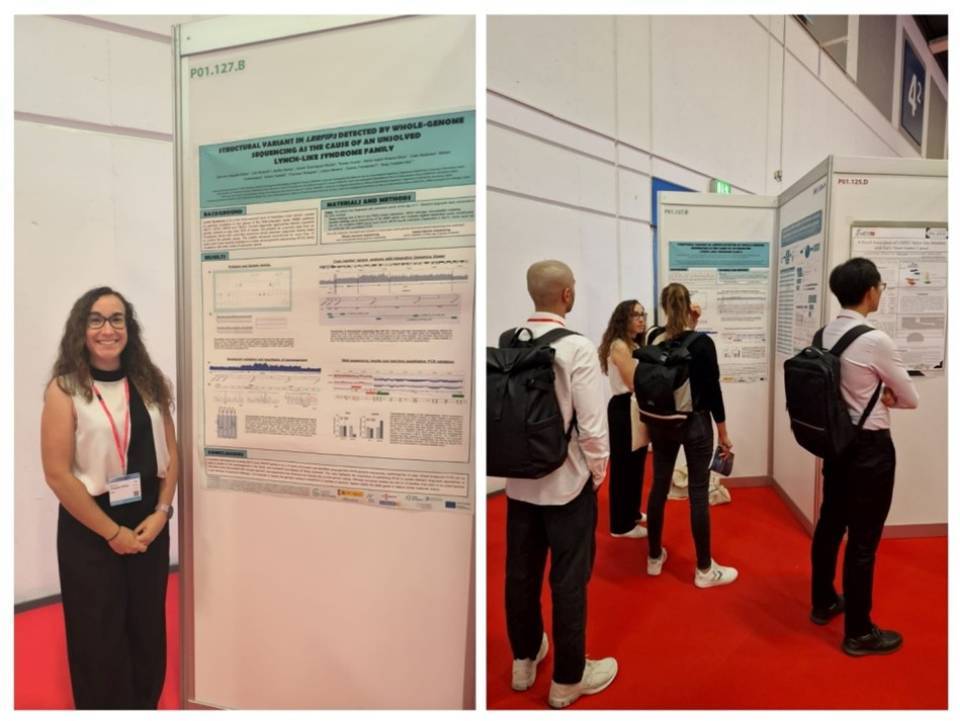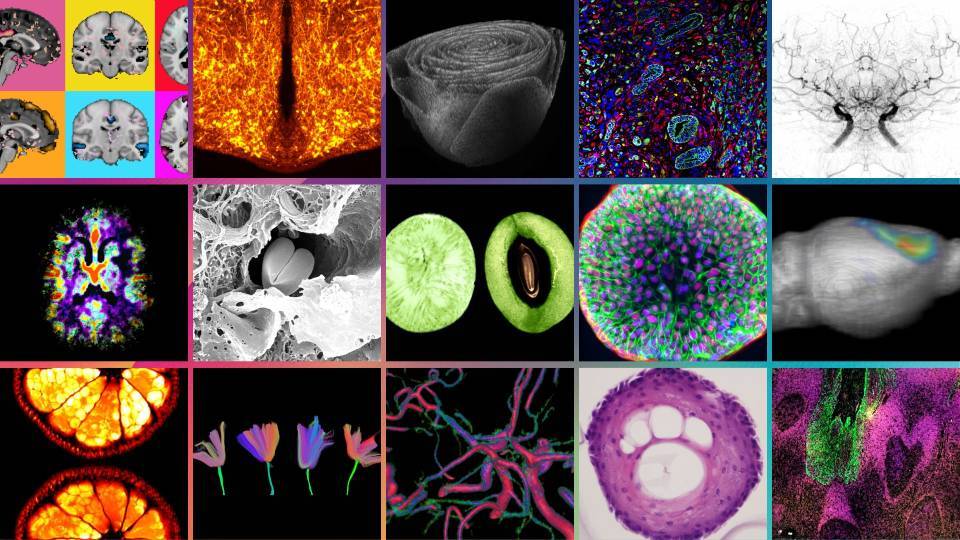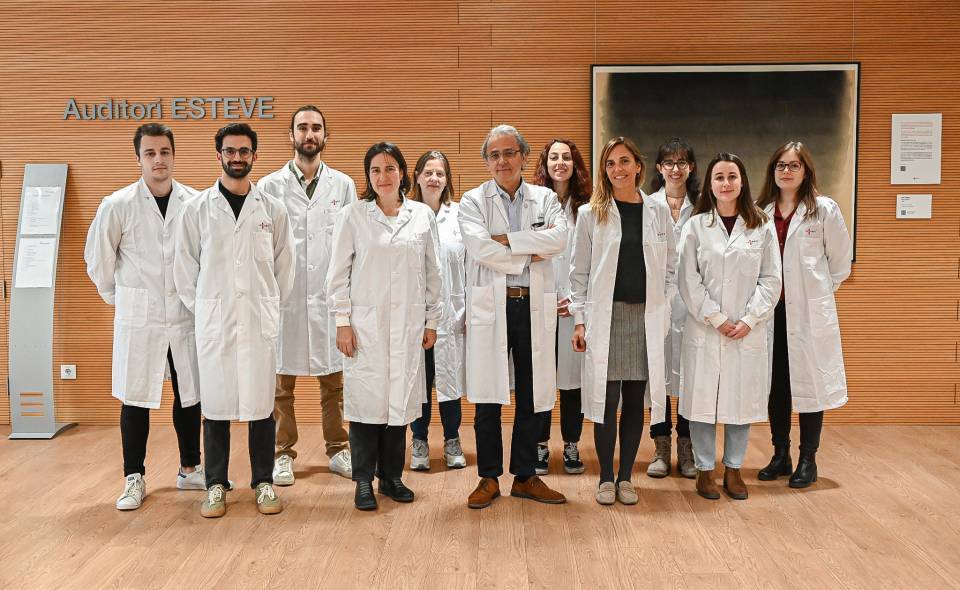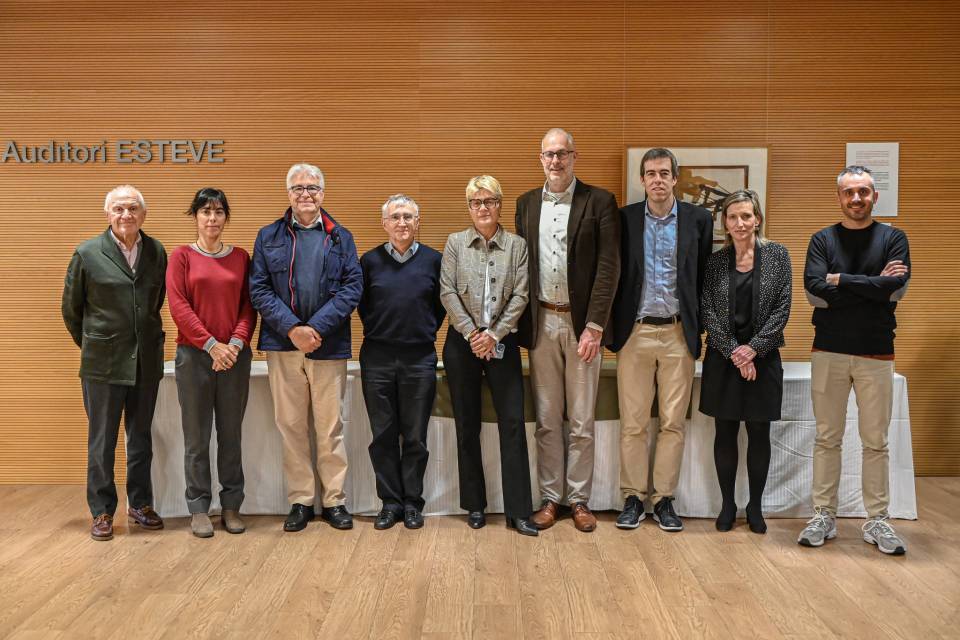June 2024 – August 2024
In June we attended the European Congress of Human Genetics (ESHG) in Berlin. The congress is one of the most important in the world, where researchers, doctors and specialists in the field of genetics meet to share information and knowledge, new discoveries and technological advances in the field of human genetics. We went to present a poster detailing one of the solved cases thanks to the sequencing of the genomes of this project. We presented the case of an Ecuadorian family with Lynch syndrome, where we were finally able to identify the mutational event causing the disease, a complex genomic rearrangement involving the MLH1 gene and its neighbor gene LRRFIP2. This rearrangement was missed with standard genetic tests performed in the clinic due to its complexity and the fact that the techniques used are not able to detect such complex rearrangements. With the sequencing of the genome and the RNA we finally were able to define the rearrangement causing Lynch Syndrome in this family with the consequent benefit for the patient and his family. At the ESHG congress we were able to speak with researchers from other countries who study Lynch Syndrome and we exchanged knowledge of the cases and the challenges we face when trying to identify the causative mutations in some patients.
To help the scientific community with our findings, a scientific article explaining this case and its characterization has been sent for publication.
For the study of the microbiome of the patients of the project, which we began in collaboration with Dr. Toni Gabaldón and Olfat Khannous from the Barcelona Biomedical Research Institute and the Barcelona Supercomputing Center - Centro Nacional de Supercomputación, we have been recruiting control patients to be able to do comparative analyses. We need to compare the genetic background of the tumor/precursor lesions of the young colon cancer patients in our study with the genetic background of patients with colon cancer who have suffered this disease at older ages. For this, we have recruited 20 patients with late-onset colorectal cancer who will serve as controls in this comparison. From these 20 patients, DNA has been extracted from their tumors and sent for sequencing. Once we get the results back, Dr. Gabaldón and Olfat will do the microbiome study and comparative analysis.
In the meantime, we continue the analysis of the genomes and the RNA data, and we are waiting the metabolomic results.




